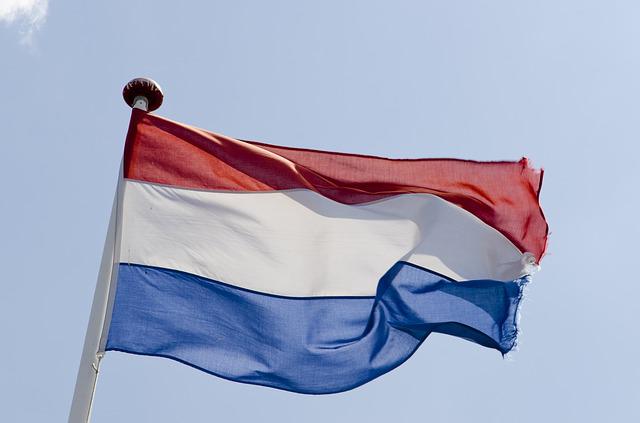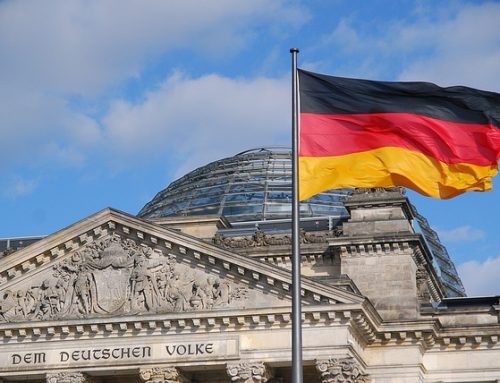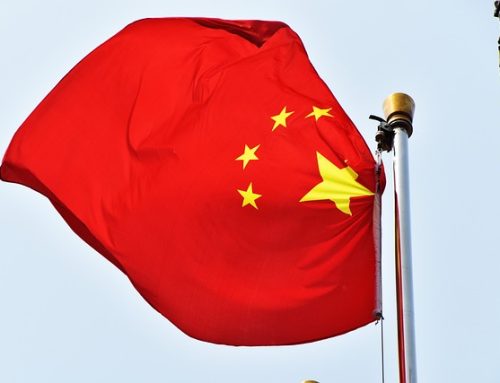March 23, 2023
Producers think their stocks are too large
All three component indicators of producer confidence deteriorated in February relative to one year previously. The opinion on current stocks is negative in all countries; there are more producers who find their stocks too large than those who find stocks too small. Especially in Germany, this has turned from positive to negative. In most countries presented here, producers are still positive about the anticipated output, except in Belgium.
Among the various manufacturing industries, the paper industry showed the most substantial mood decline in all countries presented. On the other hand, the basic metal industry and the machinery industry in the Netherlands showed a rise, whereas the mood fell in all other countries. The vehicle body and trailer industry in Germany and particularly in France was in a sharply lower mood.
Insufficient demand cited as main obstacle more often
More EU producers perceive insufficient demand as the main obstacle in their business operations. This is evident from the response to the question about the main obstacle to business operations according to producers which is asked each quarter in the Business Survey. In Q1 2023 this was stated by on average nearly 20 percent of EU producers, up from over 13 percent one year previously. Belgian producers cited this obstacle most frequently at over 40 percent, while German producers cited it least often at just under 14 percent. In the Netherlands, over 15 percent of manufacturers cited insufficient demand as the main obstacle in their business operations.
The percentage of producers who see labour shortages as the main obstacle remained virtually unchanged in the EU over the same period. In the Netherlands and Germany, the proportion of producers experiencing this obstacle increased slightly. At almost 28 percent, the figure for the Netherlands in the first quarter was therefore higher than the EU average of 19 percent. In Spain and Italy, labour shortages are relatively little perceived as the main constraint in business operations.
Opinion on global competitiveness has deteriorated
European producers saw their competitive position in the global market deteriorate in Q1 2023. The balance stood at slightly less than -2 percent in the same quarter one year previously, against -8 percent this year. The Netherlands showed a balanced outcome of optimists and pessimists in terms of global competitiveness. Only in Spain and Italy were producers more positive than in the Netherlands. In France, Germany and especially Belgium, producers were more negative in this respect compared to one year previously.
Source: Statistics Netherlands (CBS)
Legal Notice: The information in this article is intended for information purposes only. It is not intended for professional information purposes specific to a person or an institution. Every institution has different requirements because of its own circumstances even though they bear a resemblance to each other. Consequently, it is your interest to consult on an expert before taking a decision based on information stated in this article and putting into practice. Neither Karen Audit nor related person or institutions are not responsible for any damages or losses that might occur in consequence of the use of the information in this article by private or formal, real or legal person and institutions.






